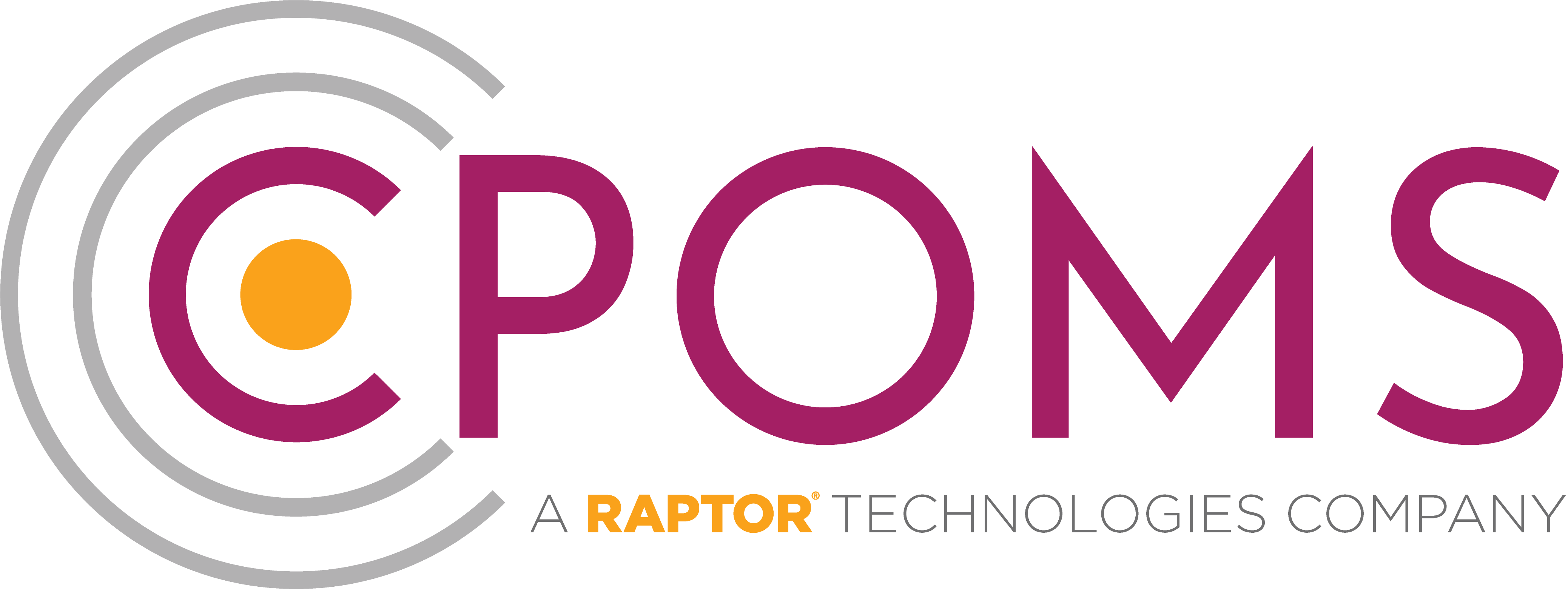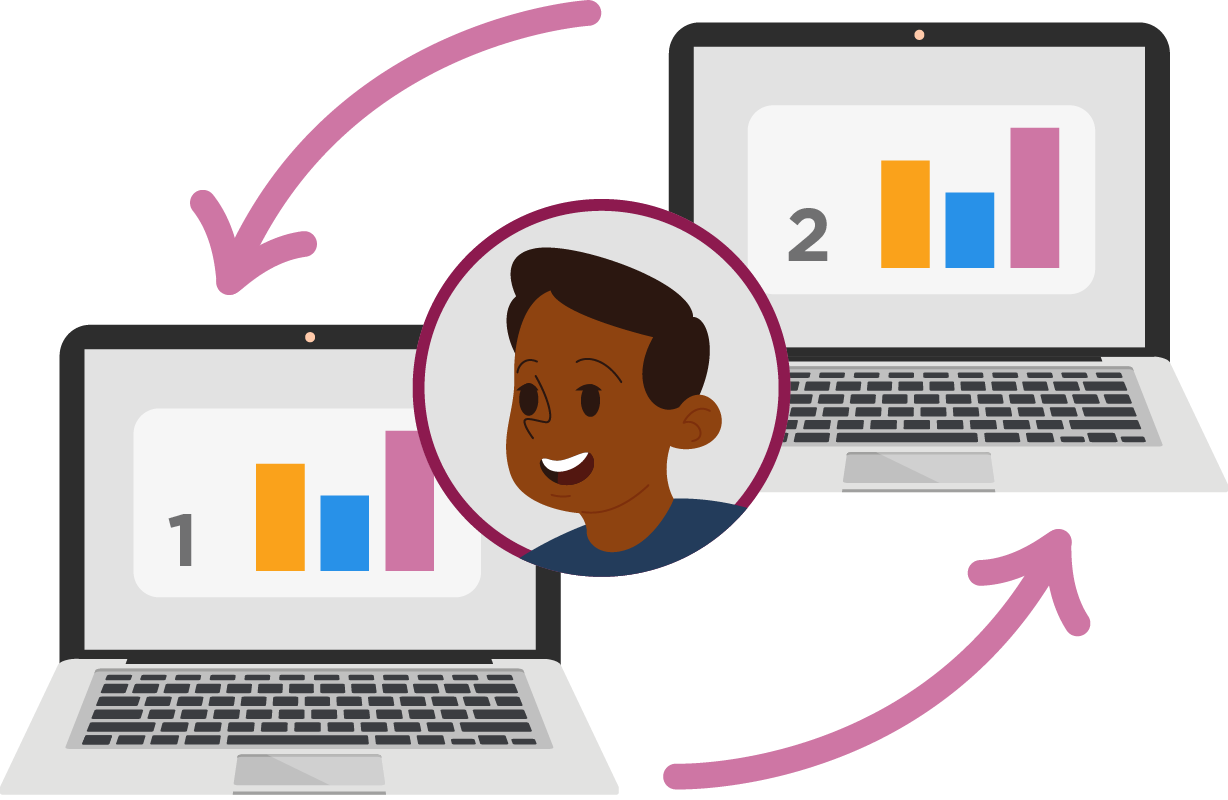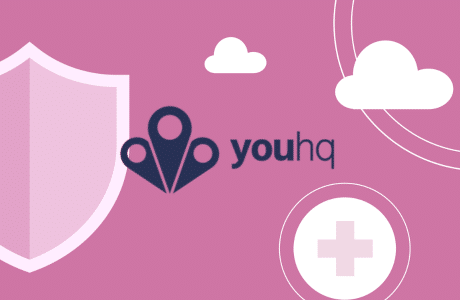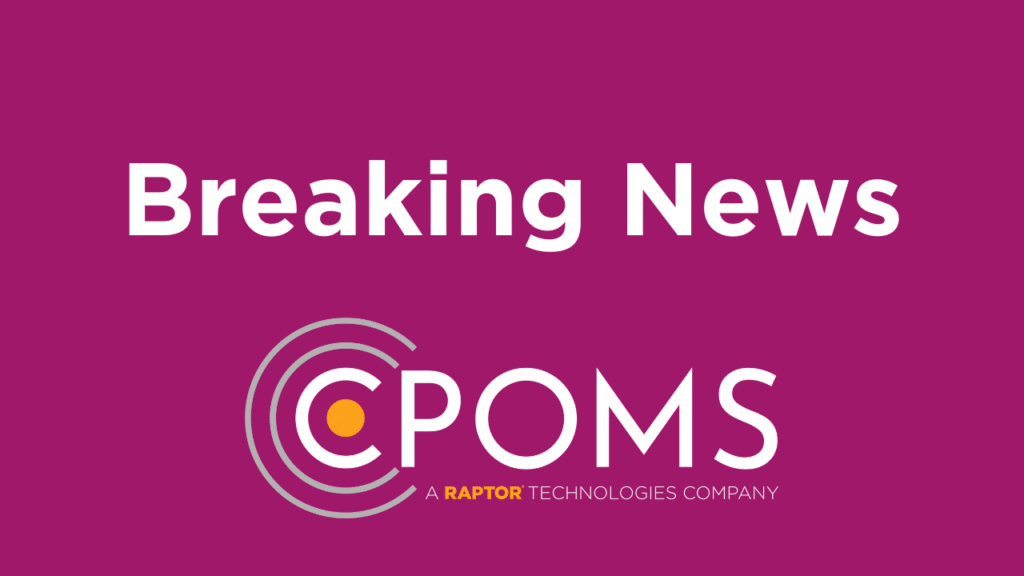The number of children attending and being referred to Alternative provisions (APs) has been on the rise since 2017, according to Ofsted. Often, children who attend these settings are vulnerable to several safeguarding issues and can have complex social, emotional, behavioural or mental health (SEMH) needs. Effective safeguarding practices are paramount to ensuring that these children remain safe and receive the support they need.
Ali Elvidge, Head of Reach Primary Learning Centre in Leeds, joined the CPOMS team for a webinar discussion which focused on the unique needs of AP students and those in PRUs (Pupil Referral Units).
The key topics covered in the session included safeguarding and supporting children registered in multiple settings, the importance of having a digital record of all safeguarding concerns and strategies for effective communication between settings. Ali also chatted about her experience with CPOMS solutions and how they have helped her school implement effective safeguarding processes. Here is a summary of what was discussed:
Supporting the unique needs of dual registered pupils
In the discussion, Ali highlighted some of the unique challenges that come with safeguarding the pupils that attend APs such as Reach Primary Learning Centre. Similarly to PRUs, Ali notes, children attend Reach Primary learning Centre for a short period of time – typically 10-12 weeks – with the aim of reintegration into mainstream schools.
“We assess SEMH needs, look at a support package to help them and then ideally work to help them back into mainstream school.” Ali explained. “Some of our children will move onto specialist provisions, some might return to their original mainstream school, and some might move to a new mainstream school for a fresh start.”
As a result of this, APs can have children starting and leaving on a weekly basis. Staff are required to build relationships and understandings of pupils extremely quickly. Ali encapsulated this key challenge facing APs, stating: “We haven’t got the time to make a lot of mistakes.” Therefore, it is vital that these settings have organised and effective systems for processing and immediately logging important information about each student.
Why is a digital record of safeguarding concerns so important?
The webinar discussion also illuminated some of the reasons why a digital record of safeguarding concerns was so important for APs and PRUs, as exemplified by Ali’s use of CPOMS Safeguarding software at Reach Primary Learning Centre:
“Before CPOMS, we had a paper-based system for recording information,” she said. “We found this was messy in terms of timings because we might only receive a child’s file a few days or weeks after they’d started. When we received the folders, they weren’t always clear about previous safeguarding meetings or when the next meeting was.”
Adding to this, a paper-based system can be highly time consuming, detracting from the time spent building relationships with the pupils. Safeguarding software like CPOMS can help to remove the frustrations that staff might experience when admin reduces the time available to spend on vital work with each child.
Alongside freeing up crucial time to spend with pupils, Ali and Sam discussed how a digital record of safeguarding concerns can help to develop a clear chronology for each child:
“We use CPOMS to log anything related to safeguarding. If we’ve attended a meeting, we add who attended, information that was shared, any minutes, documents or plans”. Ali also described how her setting uses CPOMS to log communications with parents, providing a holistic view of the child’s welfare.
According to the Keeping Children Safe in Education (KCSIE) statutory guidance, safeguarding and promoting the welfare of children is the responsibility of everyone. This means that staff at APs, as well as mainstream schools, have a duty of care to protect the children they meet and prevent issues from escalating. By keeping a digital record of all safeguarding concerns, staff at APs can log and share important information about each child in a quick and efficient manner, allowing them to identify any concerns or issues and provide the relevant support.
Effective collaboration and communication across settings
Another key topic that emerged throughout the discussion was the importance of establishing and maintaining vital communication between APs and mainstream schools.
When children are referred to an AP by a school, the sharing of important safeguarding information begins to take place, like whether social care services or any other agencies are involved, in addition to any previous support they might have received. “CPOMS allows us to access any child protection plans, meeting minutes, and various other documents,” Ali added, noting that setting up a share contract with CPOMS Engage for each child that is enrolled allows the AP to access important information about their pupils and ensure efficient support is put in place.
Ali added: “With CPOMS, we’re able to update information on a digital system for each child, which the school can then instantly see. Similarly, if the school add something to CPOMS, we can instantly access this information.”
For dual registered pupils who attend both an AP and mainstream school, consistent communication between each setting is essential to ensure that each child receives the support they need in a timely and efficient manner and prevent any information from falling through the gaps.
“CPOMS makes sure that everyone within the safeguarding team receives the messages and information [when they are recorded on the system] so nothing gets missed”, Ali said.
Ensuring the best possible outcomes for every child
With the number of children attending APs on the rise, it’s important that staff across settings have the tools and practices in place to safeguard dual registered pupils. A joined-up approach to safeguarding, in which agencies work together to protect the welfare of children, means that important information is less likely to be missed and vulnerable pupils can receive fast and effective support.
With digital safeguarding software like CPOMS Engage, staff across all settings can immediately communicate important details about each child with each other, ensuring they receive the support and safety they deserve.
To discover how CPOMS safeguarding solutions can help you to support the safeguarding needs of dual registered pupils, click here to arrange a free demo today.




